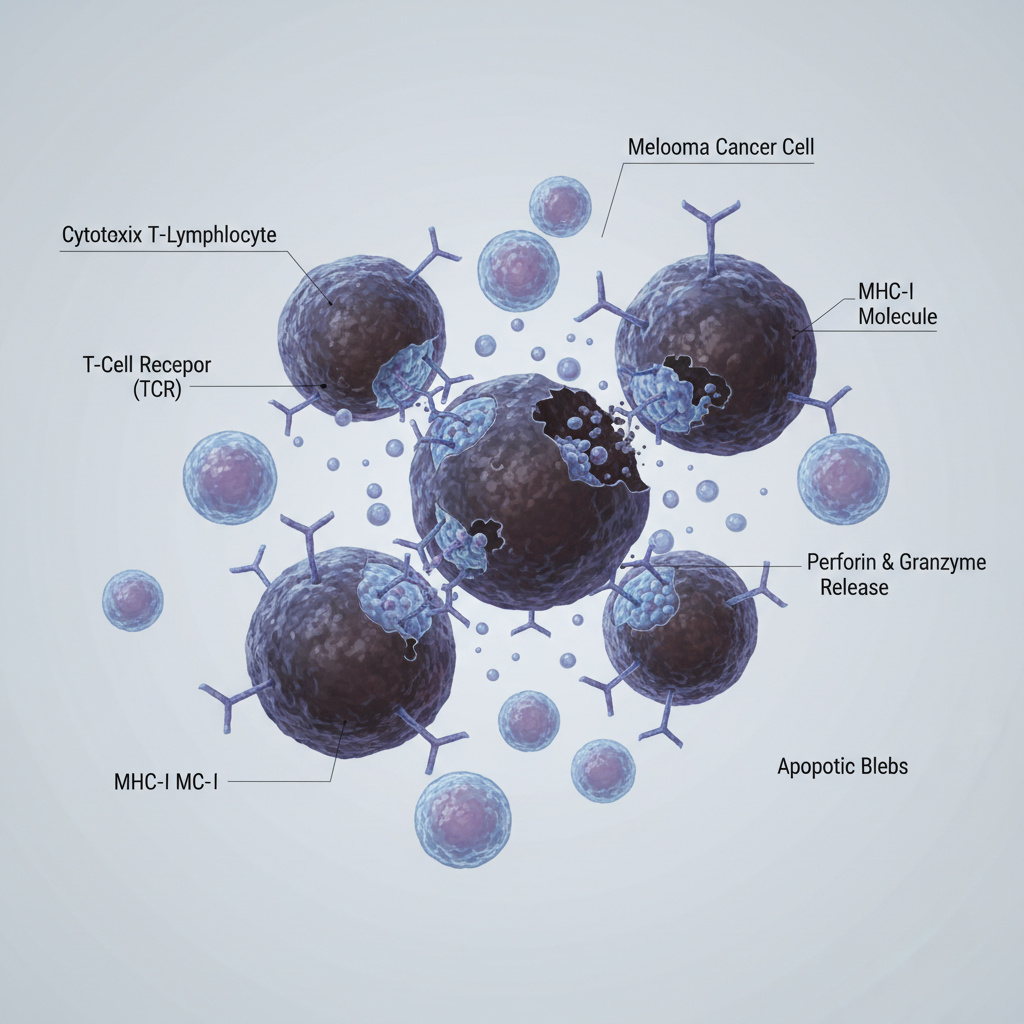What is DBS?
Deep Brain Stimulation (DBS) is a neurosurgical procedure where very thin electrodes are placed into precise areas of the brain. These electrodes are connected to a small device, similar in size to a pacemaker, but here it works as a “brain pacemaker.” The device delivers gentle electrical pulses that help balance abnormal nerve activity. In practical terms, this can ease tremors, stiffness, dystonia, or other symptoms that medications alone cannot fully control.
It’s important to note: DBS does not cure the underlying disease, but it can dramatically improve quality of life.
Team of Experts:
- Prof. Strauss Ido – Senior Neurosurgeon, Director of the Functional Neurosurgery Unit and the Stereotactic Radiosurgery Service at the Tel Aviv Medical Center (Ichilov)
Who can benefit from DBS?
DBS is usually considered for people with Parkinson’s disease, essential tremor, or dystonia who no longer get sufficient relief from medications, or who suffer from significant side effects. The decision is never made by one doctor alone – it is a joint process involving a neurologist, a neurosurgeon, and sometimes additional specialists, to make sure the full picture is taken into account.
Preparing the patient – setting expectations
Before surgery, we always sit with the patient and their family and talk things through. Not in medical jargon, but in simple terms: what the surgery can realistically help with, and also what it won’t change. This part is just as important as the scans and tests, because people need to know what to expect the morning after the operation, and a year later as well.
How the surgery actually happens
The procedure itself is done step by step. First, the head is gently fixed in a frame – it looks a bit scary, but patients usually tell us it’s not painful, just a little uncomfortable. That frame gives the surgeon the precision we need.
Then, using imaging and computer guidance (we sometimes call it “GPS for the brain”), the surgeon places the tiny electrodes in the exact spots that were planned beforehand. After that, they’re connected to a small device, implanted under the skin in the chest, which will later act like a “brain pacemaker.”
Often, already during the surgery, the team does some initial testing – adjusting the device just a little to see how the patient responds.
Hospital stay and recovery
Most people stay in hospital only a few days. During that time we do another brain scan to double-check that everything is in the right place. Then begins the fine-tuning: programming the stimulator takes time, sometimes weeks, until we hit the “sweet spot.” Patients gradually return to daily life, and some need physiotherapy or speech therapy to help them get the most out of the stimulation.
Risks and side effects
Like with any brain operation, there are risks. The big ones we explain upfront are bleeding, infection, or device problems. More often, people just notice some short-term issues like tingling or slurred speech, which usually fade. In experienced centers, serious complications are rare, but we’re always honest about the possibilities.
Why patients choose DBS
- Tremors and stiffness usually get much better.
- Medication doses can often be reduced, so fewer side effects.
- It’s reversible and adjustable – the stimulation can be turned down, up, or even off.
- The biggest thing? Patients often say they feel like they got back their independence – eating, dressing, even just going out without fear.
Private consultation with a DBS specialist at Tel Aviv Medical Clinic
📞 Call: +972-73-374-6844
📧 Email: [email protected]
💬 WhatsApp: +972-52-337-3108






Questions patients usually ask us
How long will the battery last?
On average, three to five years. Rechargeable systems can last over ten.
Does it stop the disease?
No. Parkinson’s or dystonia still progress, but the symptoms are far easier to manage.
What about everyday life after surgery?
Most people notice their tremor and stiffness are way down. They can eat, dress, even walk outside with a lot more confidence.
Can I still have an MRI?
Yes – but only in hospitals that know how to handle DBS systems safely.
When will I feel improvement?
Some notice it almost right away. For others it takes a few weeks of adjustments until we find the best settings.



























